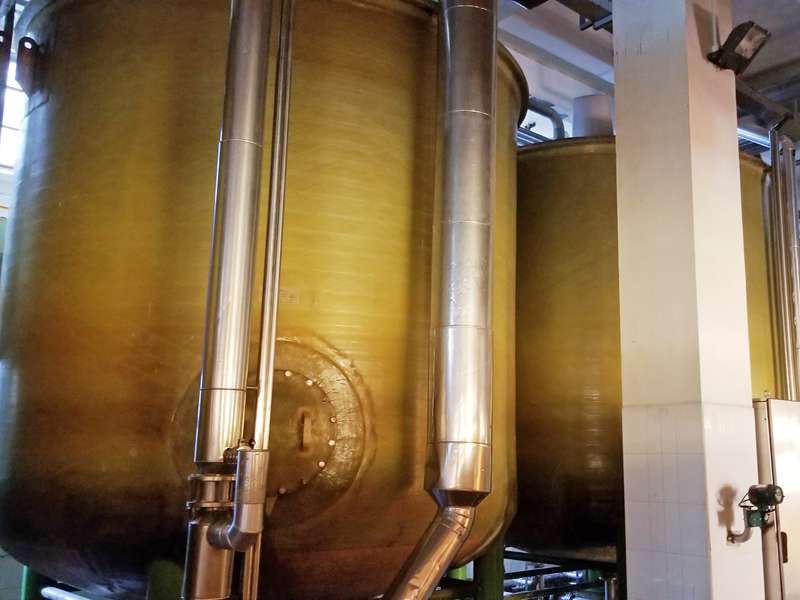
-
 Afrikaans
Afrikaans -
 Albanian
Albanian -
 Amharic
Amharic -
 Arabic
Arabic -
 Armenian
Armenian -
 Azerbaijani
Azerbaijani -
 Basque
Basque -
 Belarusian
Belarusian -
 Bengali
Bengali -
 Bosnian
Bosnian -
 Bulgarian
Bulgarian -
 Catalan
Catalan -
 Cebuano
Cebuano -
 China
China -
 China (Taiwan)
China (Taiwan) -
 Corsican
Corsican -
 Croatian
Croatian -
 Czech
Czech -
 Danish
Danish -
 Dutch
Dutch -
 English
English -
 Esperanto
Esperanto -
 Estonian
Estonian -
 Finnish
Finnish -
 French
French -
 Frisian
Frisian -
 Galician
Galician -
 Georgian
Georgian -
 German
German -
 Greek
Greek -
 Gujarati
Gujarati -
 Haitian Creole
Haitian Creole -
 hausa
hausa -
 hawaiian
hawaiian -
 Hebrew
Hebrew -
 Hindi
Hindi -
 Miao
Miao -
 Hungarian
Hungarian -
 Icelandic
Icelandic -
 igbo
igbo -
 Indonesian
Indonesian -
 irish
irish -
 Italian
Italian -
 Japanese
Japanese -
 Javanese
Javanese -
 Kannada
Kannada -
 kazakh
kazakh -
 Khmer
Khmer -
 Rwandese
Rwandese -
 Korean
Korean -
 Kurdish
Kurdish -
 Kyrgyz
Kyrgyz -
 Lao
Lao -
 Latin
Latin -
 Latvian
Latvian -
 Lithuanian
Lithuanian -
 Luxembourgish
Luxembourgish -
 Macedonian
Macedonian -
 Malgashi
Malgashi -
 Malay
Malay -
 Malayalam
Malayalam -
 Maltese
Maltese -
 Maori
Maori -
 Marathi
Marathi -
 Mongolian
Mongolian -
 Myanmar
Myanmar -
 Nepali
Nepali -
 Norwegian
Norwegian -
 Norwegian
Norwegian -
 Occitan
Occitan -
 Pashto
Pashto -
 Persian
Persian -
 Polish
Polish -
 Portuguese
Portuguese -
 Punjabi
Punjabi -
 Romanian
Romanian -
 Russian
Russian -
 Samoan
Samoan -
 Scottish Gaelic
Scottish Gaelic -
 Serbian
Serbian -
 Sesotho
Sesotho -
 Shona
Shona -
 Sindhi
Sindhi -
 Sinhala
Sinhala -
 Slovak
Slovak -
 Slovenian
Slovenian -
 Somali
Somali -
 Spanish
Spanish -
 Sundanese
Sundanese -
 Swahili
Swahili -
 Swedish
Swedish -
 Tagalog
Tagalog -
 Tajik
Tajik -
 Tamil
Tamil -
 Tatar
Tatar -
 Telugu
Telugu -
 Thai
Thai -
 Turkish
Turkish -
 Turkmen
Turkmen -
 Ukrainian
Ukrainian -
 Urdu
Urdu -
 Uighur
Uighur -
 Uzbek
Uzbek -
 Vietnamese
Vietnamese -
 Welsh
Welsh -
 Bantu
Bantu -
 Yiddish
Yiddish -
 Yoruba
Yoruba -
 Zulu
Zulu
Fiberglass Insulation Tanks | Efficient Thermal Protection Solutions
The Benefits of Fiberglass Insulation Tanks
In today's world, energy efficiency and sustainability are at the forefront of our minds, particularly in industries relying on temperature-sensitive processes
. One innovative solution gaining traction is the use of fiberglass insulation tanks. These tanks offer numerous advantages compared to traditional materials, making them an increasingly popular choice for businesses and homeowners alike.What is Fiberglass Insulation? Fiberglass insulation is a composite material made from fine glass fibers that are woven together. This type of insulation is known for its excellent thermal resistance properties, making it an ideal choice for storing liquids that require temperature regulation. When combined with tanks for storage, fiberglass insulation ensures that the contents remain at a stable temperature, minimizing energy consumption and reducing operational costs.
Energy Efficiency One of the standout benefits of fiberglass insulation tanks is their ability to enhance energy efficiency. With superior thermal resistance, these tanks are designed to prevent heat loss or gain, depending on the needs of the applications. This is particularly beneficial in industries such as food processing, chemicals, and pharmaceuticals, where maintaining specific temperatures can be crucial for product quality and safety. By significantly reducing energy expenditure, businesses can see a marked decrease in utility costs over time.
fiberglass insulation tank

Durability and Longevity Fiberglass insulation tanks are also known for their durability. Unlike metal tanks that may rust or corrode, fiberglass is resistant to most chemicals, ensuring that it will not degrade over time. This resistance to environmental factors contributes to a longer lifespan, reducing the need for frequent replacements and repairs. For businesses, this means significant savings and less downtime, allowing for more efficient operations.
Lightweight and Easy to Install Another compelling feature is the lightweight nature of fiberglass. Compared to traditional materials such as steel or concrete, fiberglass tanks can be more manageable for transportation and installation. This ease of handling not only simplifies the logistics of getting the tank to its intended location, but it can also reduce installation costs and time. This feature is particularly beneficial for rural or hard-to-reach sites where heavy machinery may not be easily accessible.
Environmental Impact In today's environmentally conscious world, the sustainability of materials plays a critical role in decision-making. Fiberglass insulation is often made from recycled materials, contributing to a smaller carbon footprint. Moreover, by improving energy efficiency, these tanks reduce the overall energy demand, which is crucial for minimizing greenhouse gas emissions.
Conclusion Incorporating fiberglass insulation tanks into your operations promises multiple advantages, from energy efficiency and durability to ease of installation and a smaller environmental footprint. As industries increasingly seek solutions that align with sustainability goals while also promoting cost-savings, the rise of fiberglass insulation tanks stands as a testament to innovative engineering that meets modern needs. Whether for industrial purposes or commercial uses, it is evident that fiberglass insulation tanks are a smart investment for the future.
Latest news
-
Exploring the Benefits of Top Hammer Drifter Rods for Enhanced Drilling PerformanceNewsJun.10,2025
-
High-Precision Fiberglass Winding Machine for GRP/FRP Pipe Production – Reliable & Efficient SolutionsNewsJun.10,2025
-
FRP Pipes & Fittings for Shipbuilding - Corrosion-Resistant & LightweightNewsJun.09,2025
-
Premium FRP Flooring Solutions Durable & Slip-ResistantNewsJun.09,2025
-
Premium Fiberglass Rectangular Tanks Durable & Lightweight SolutionNewsJun.09,2025
-
Tapered Drill String Design Guide Durable Performance & UsesNewsJun.09,2025









